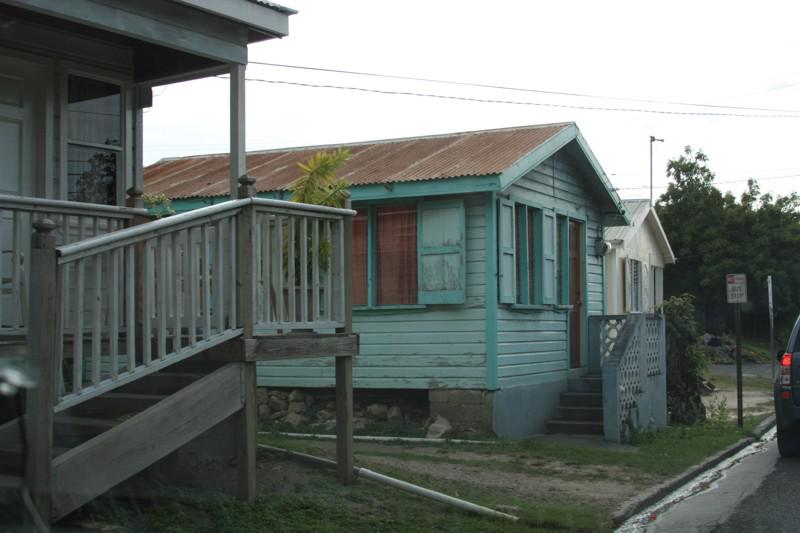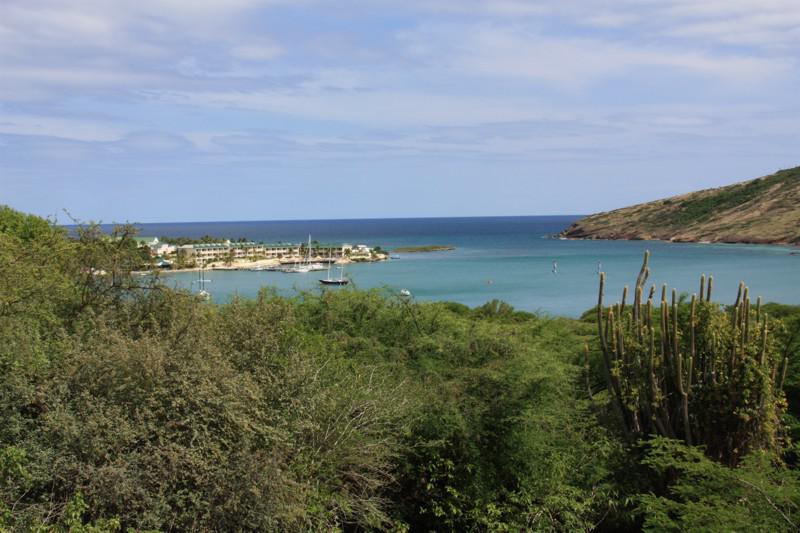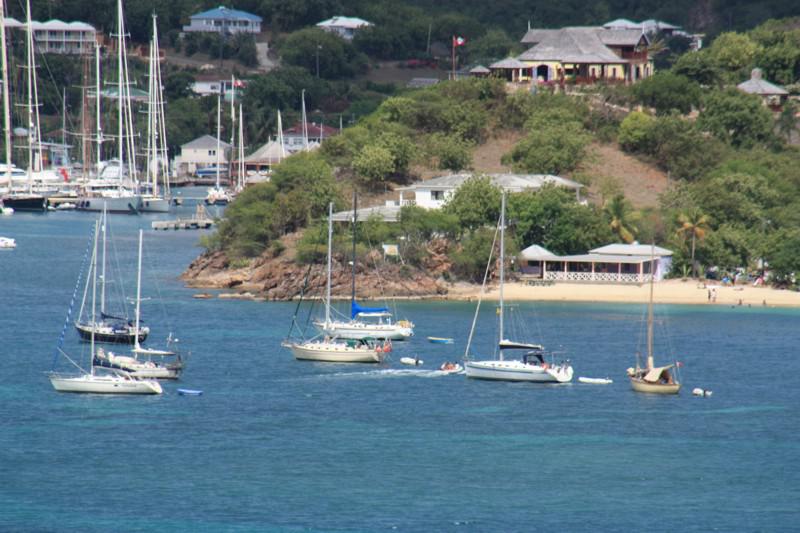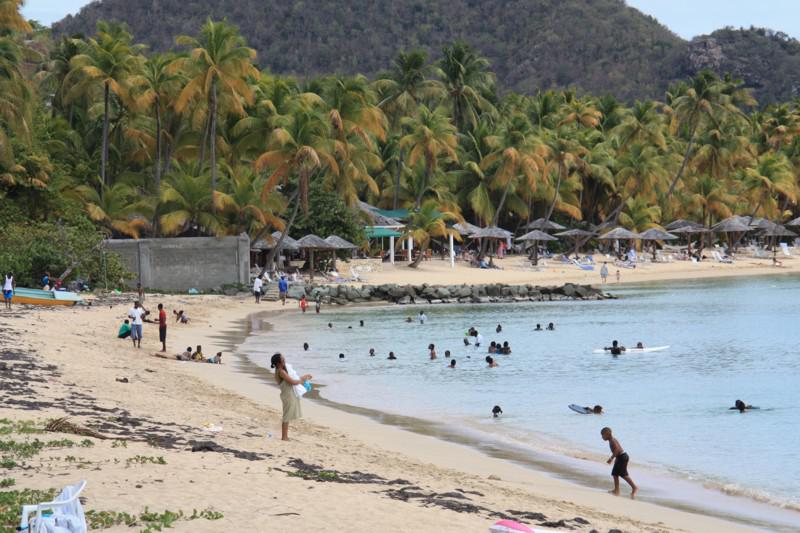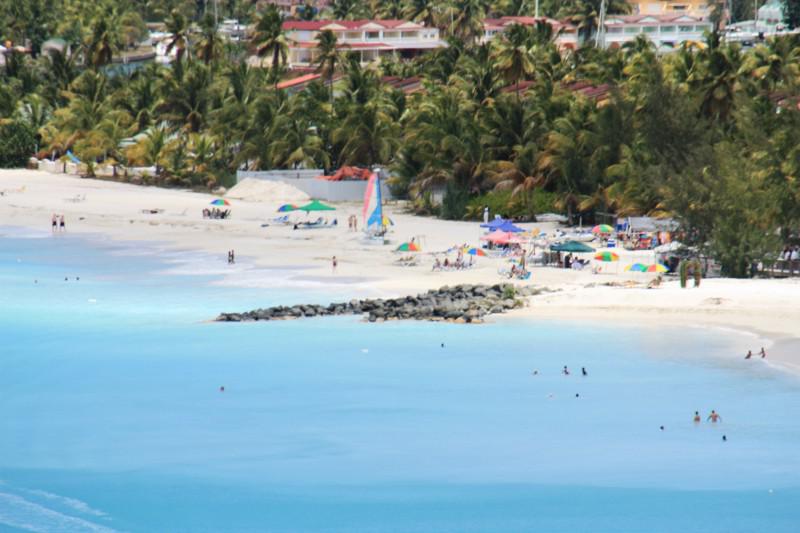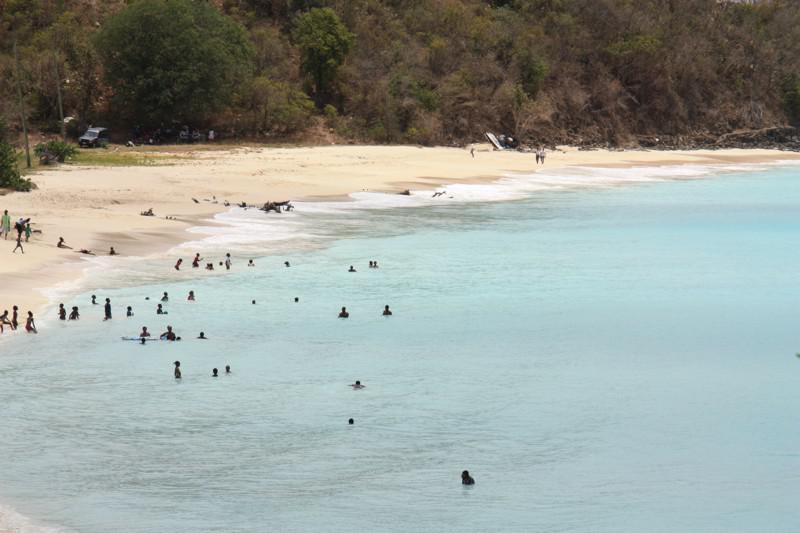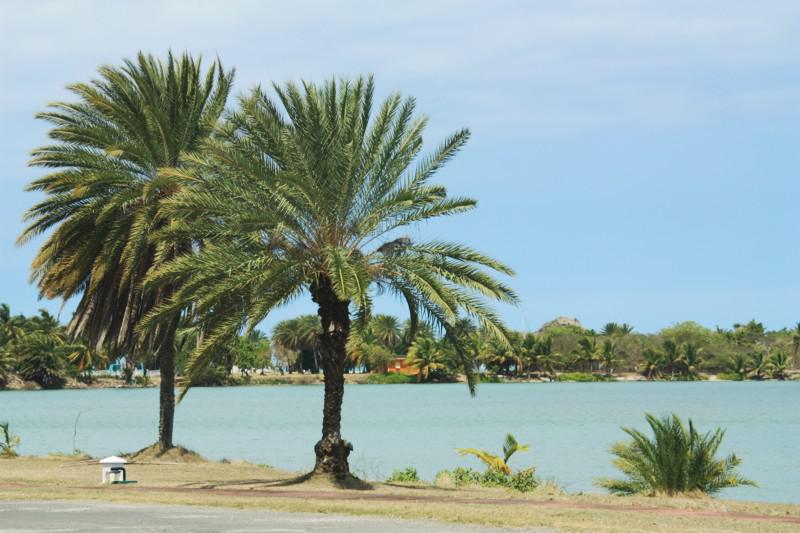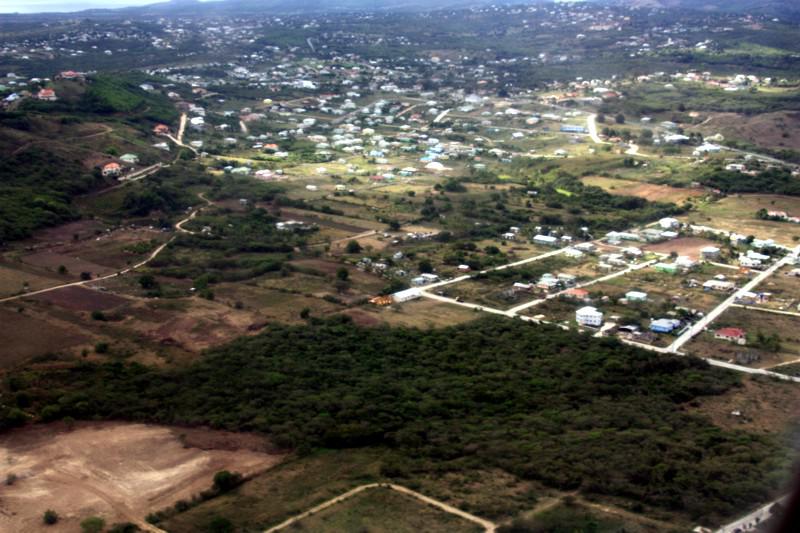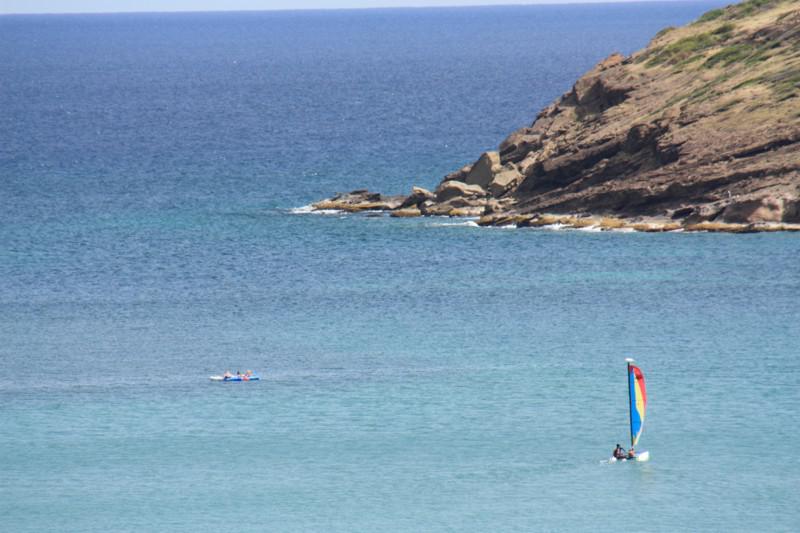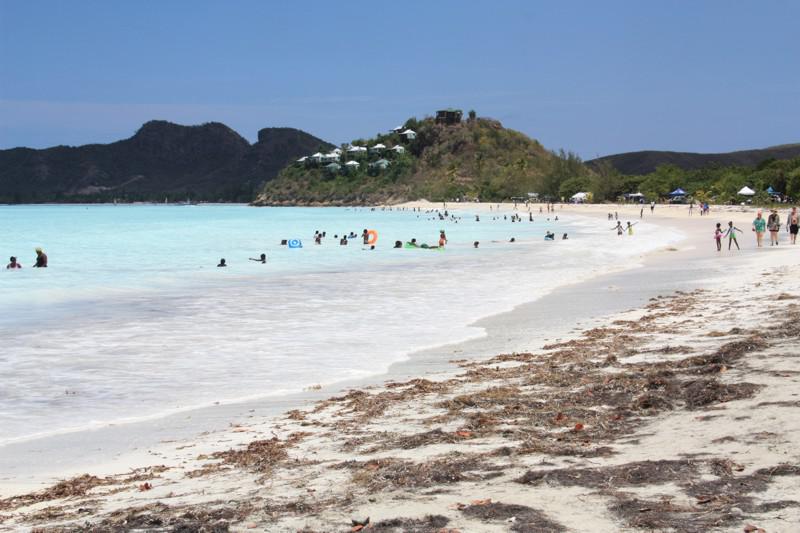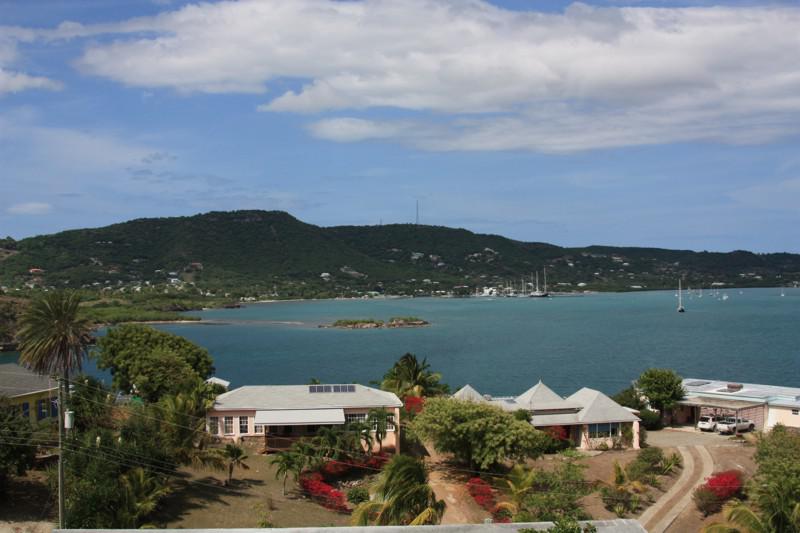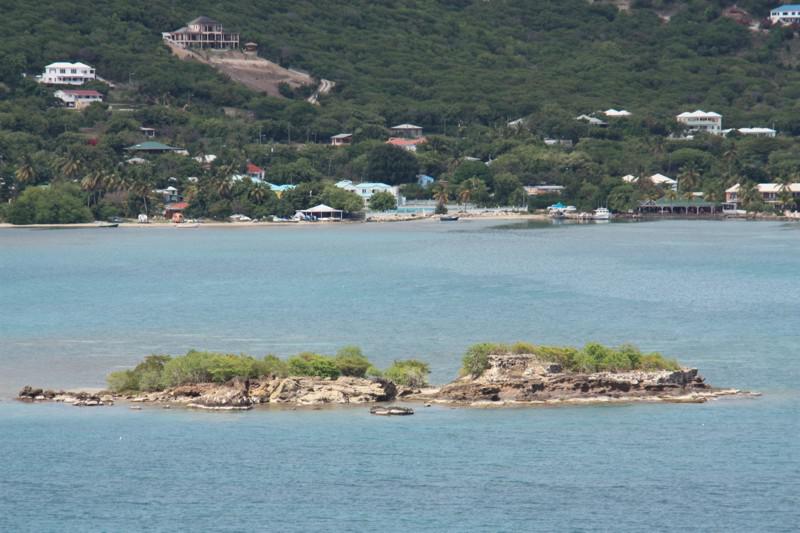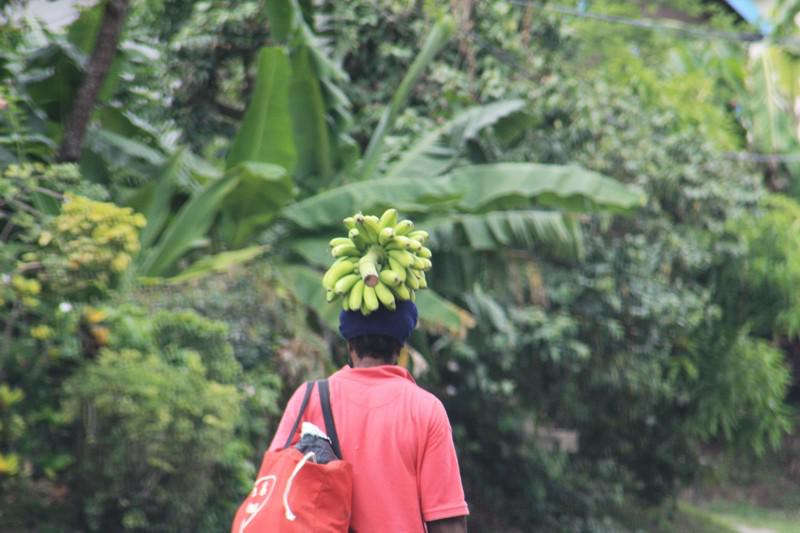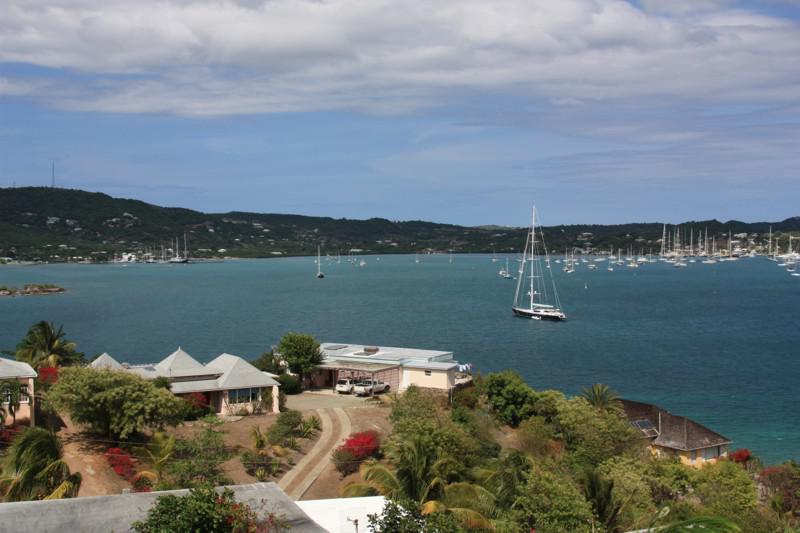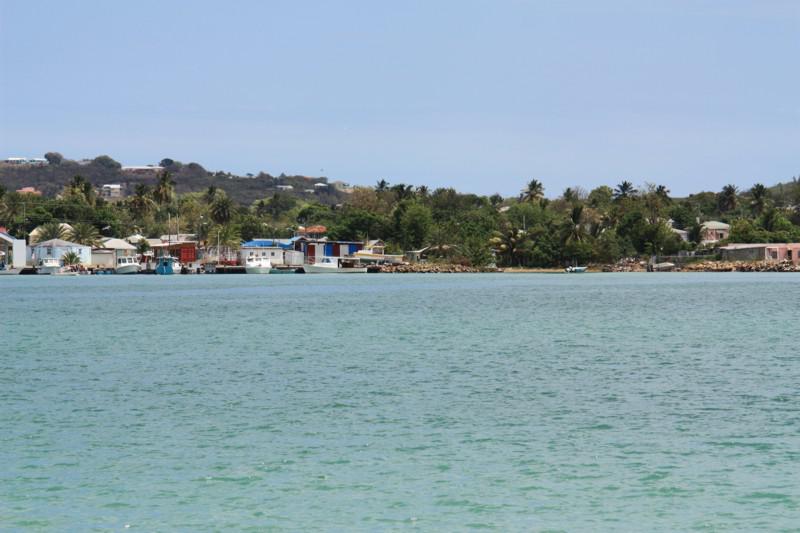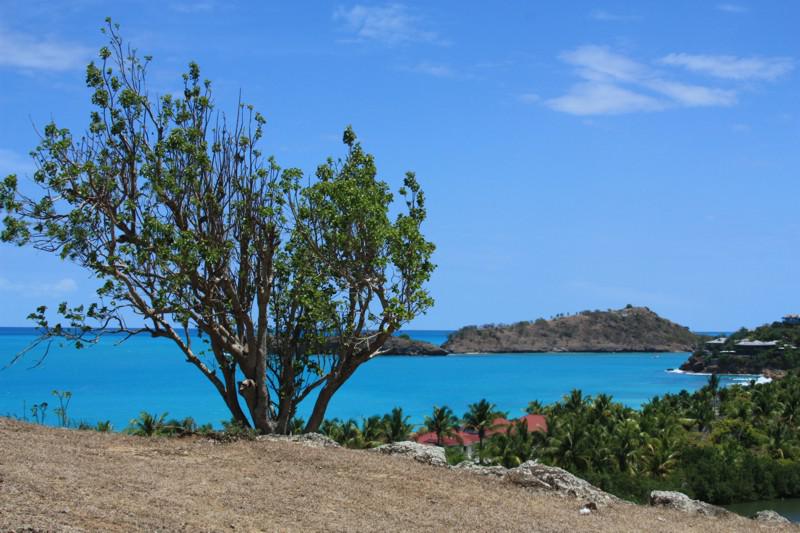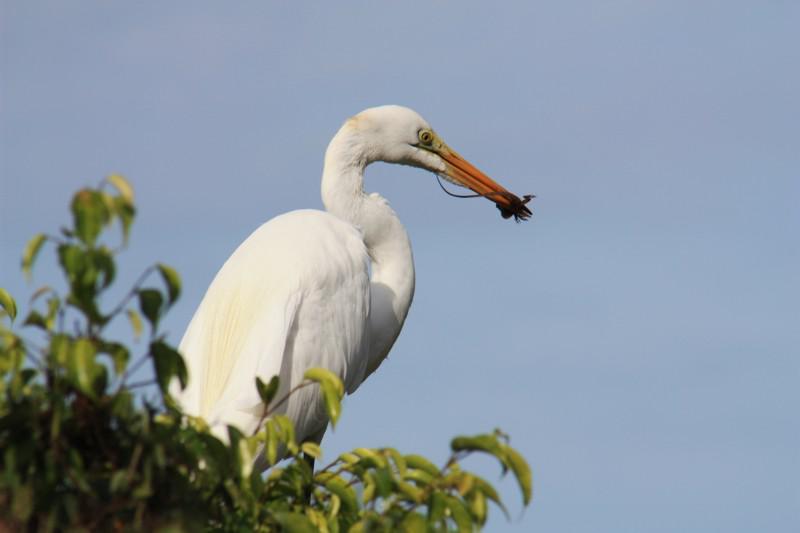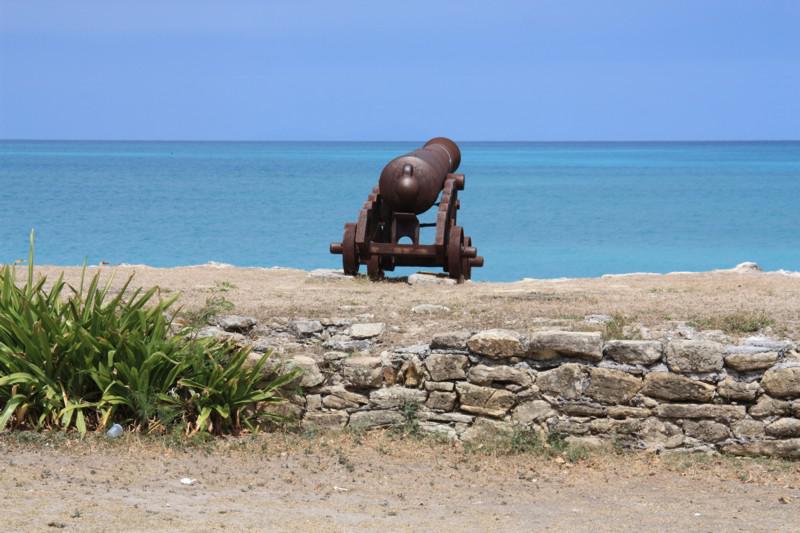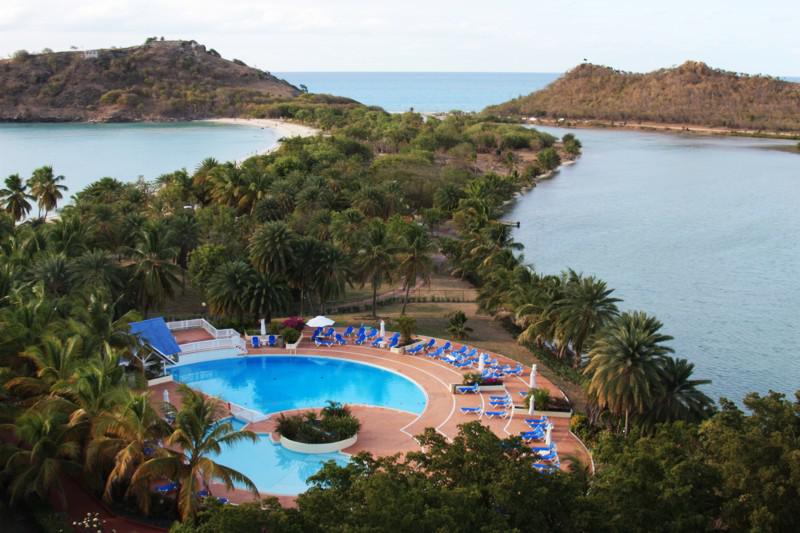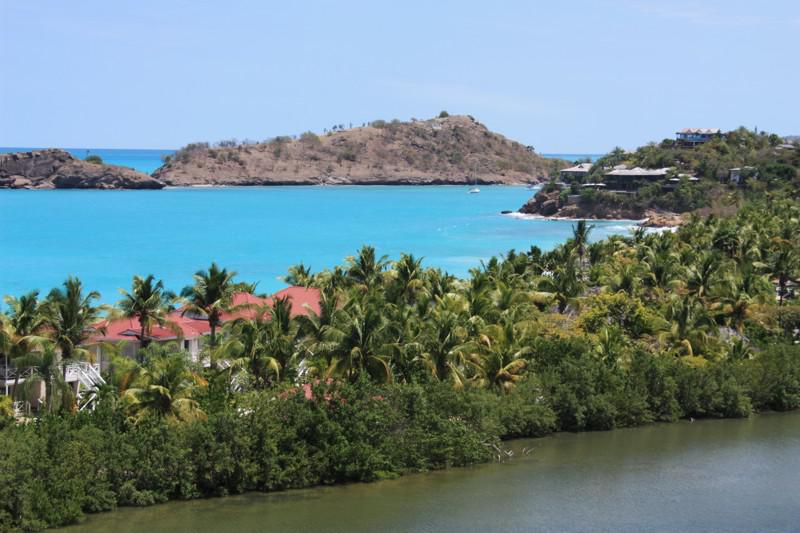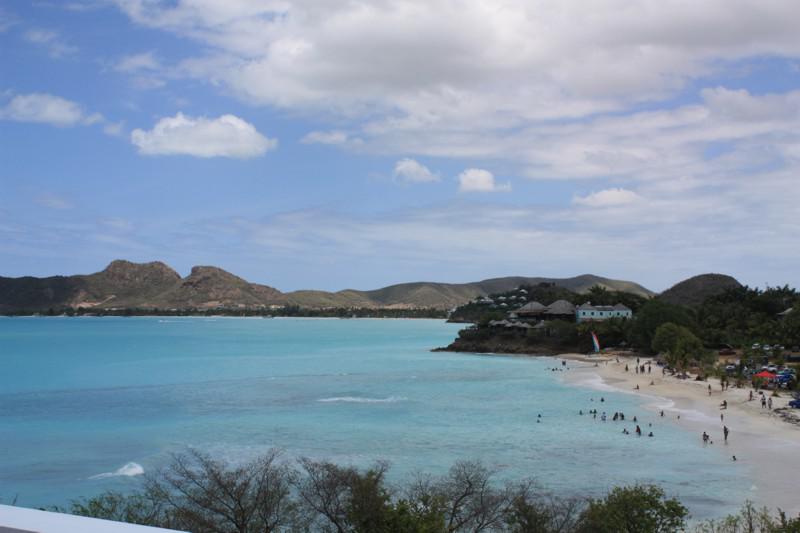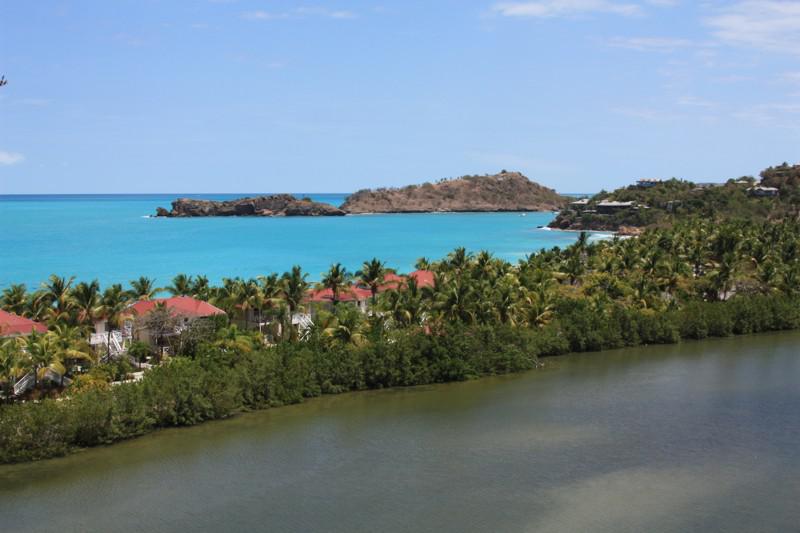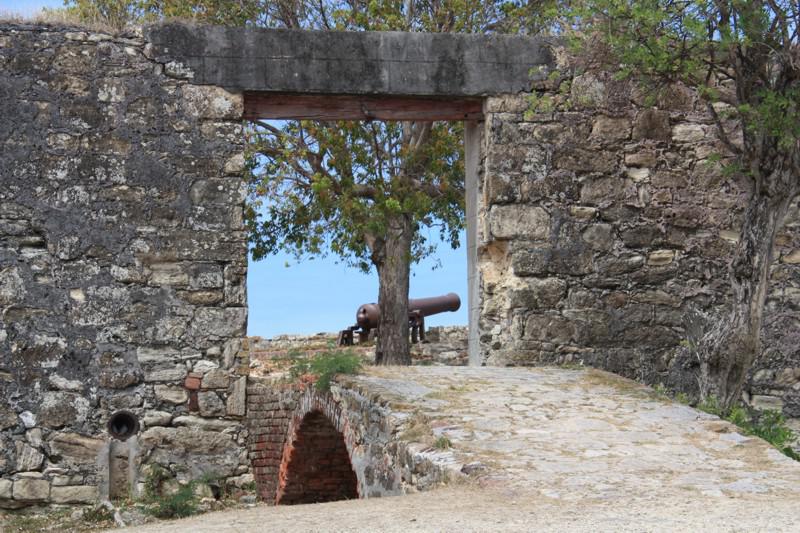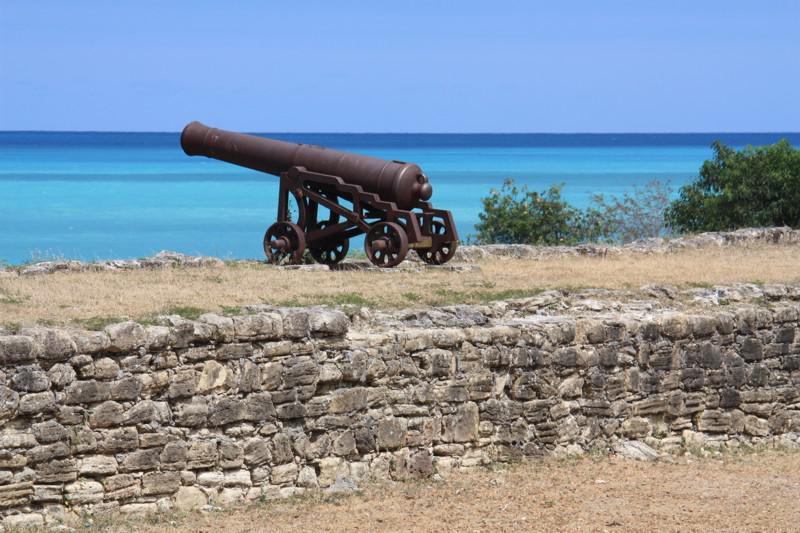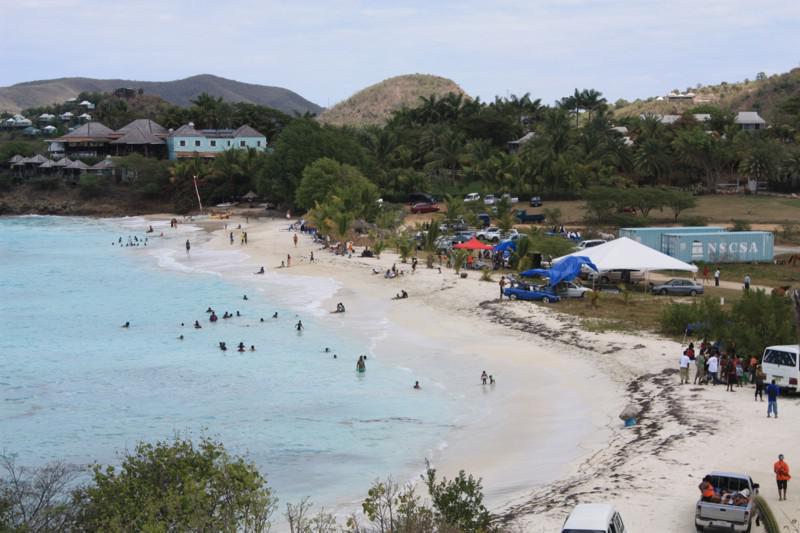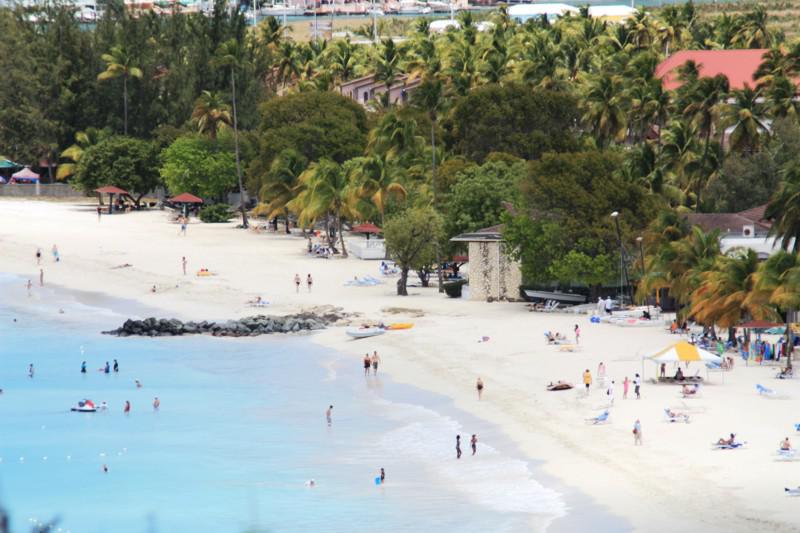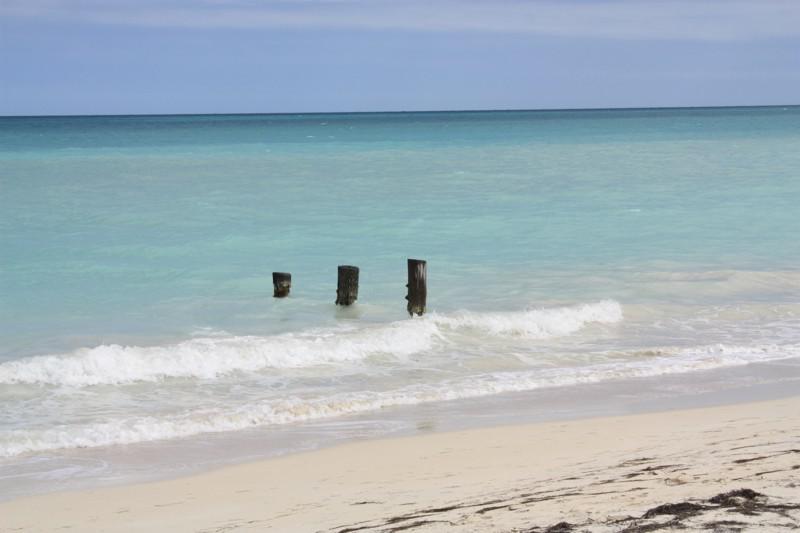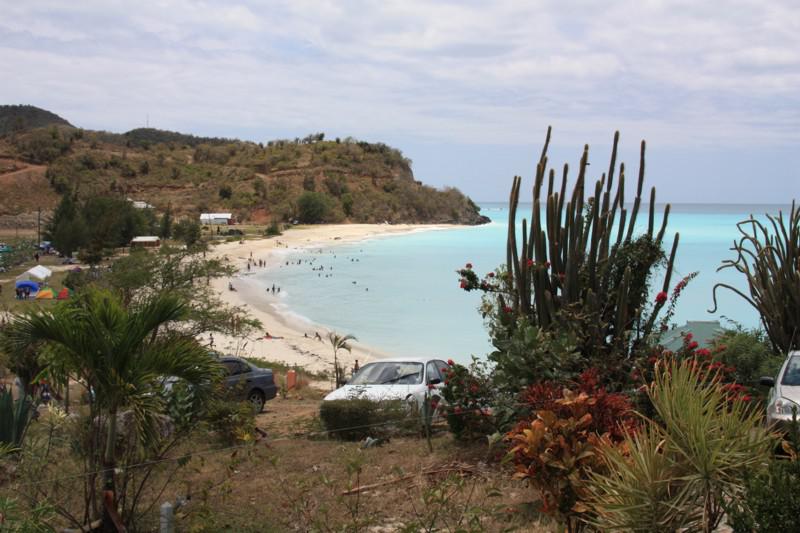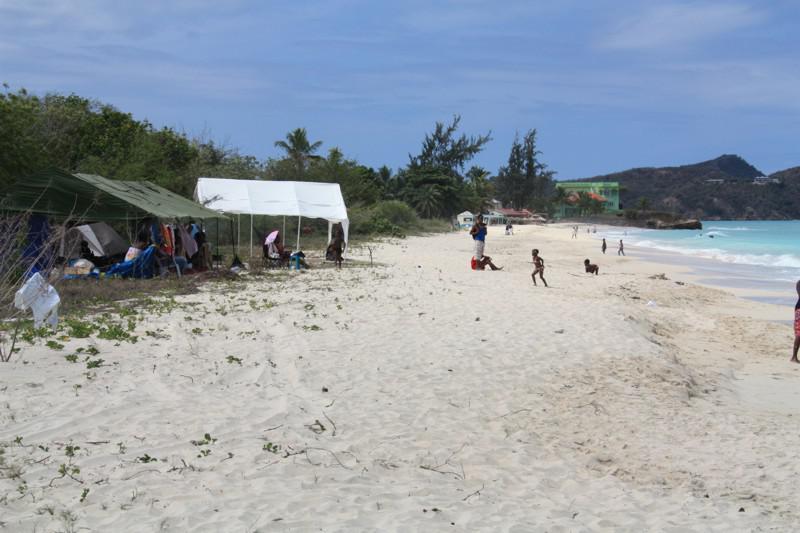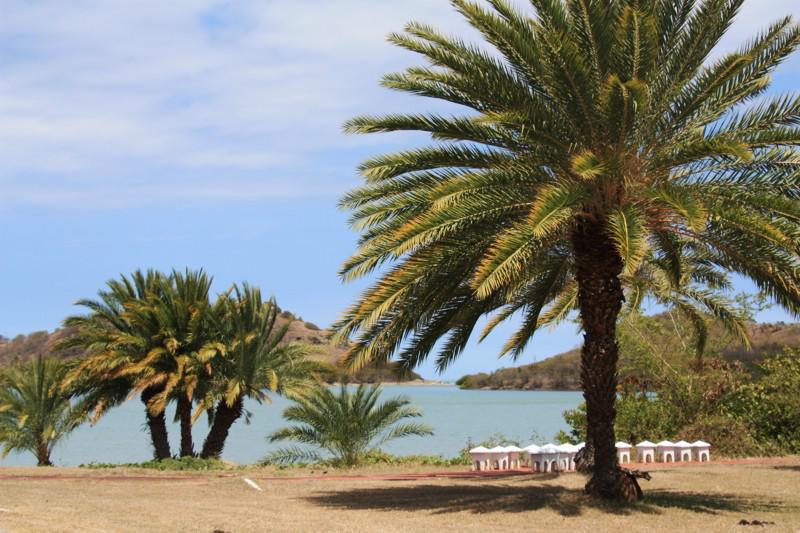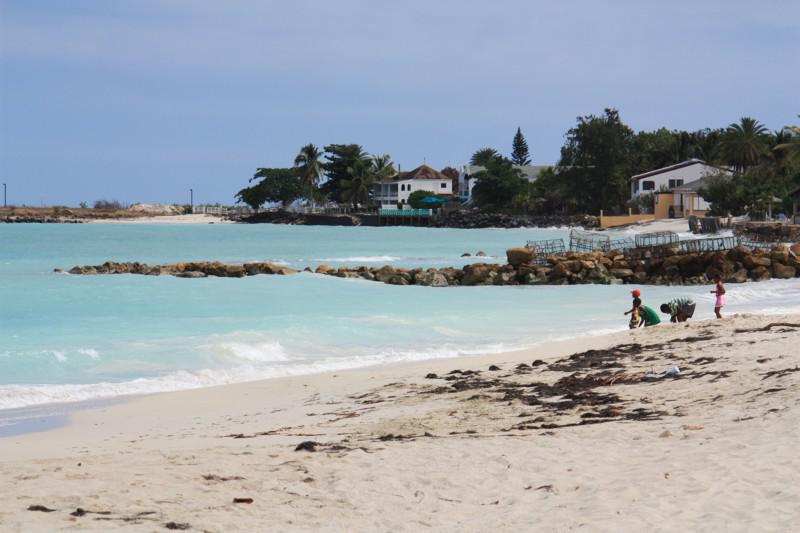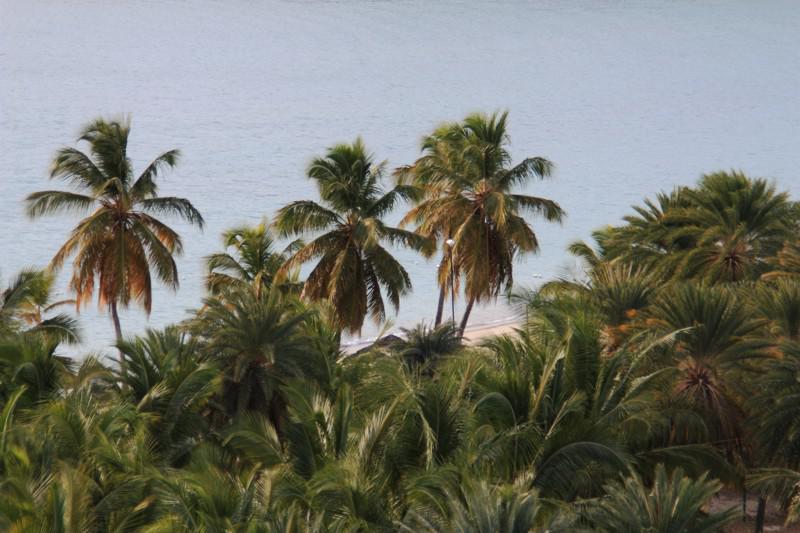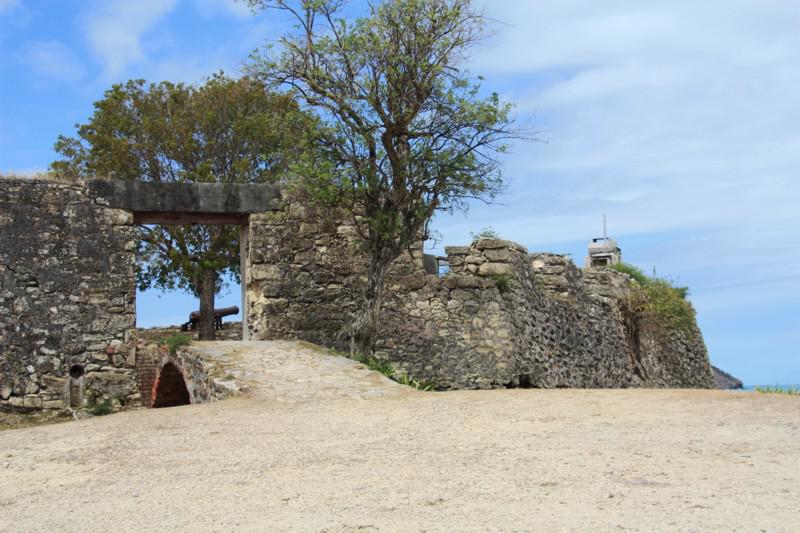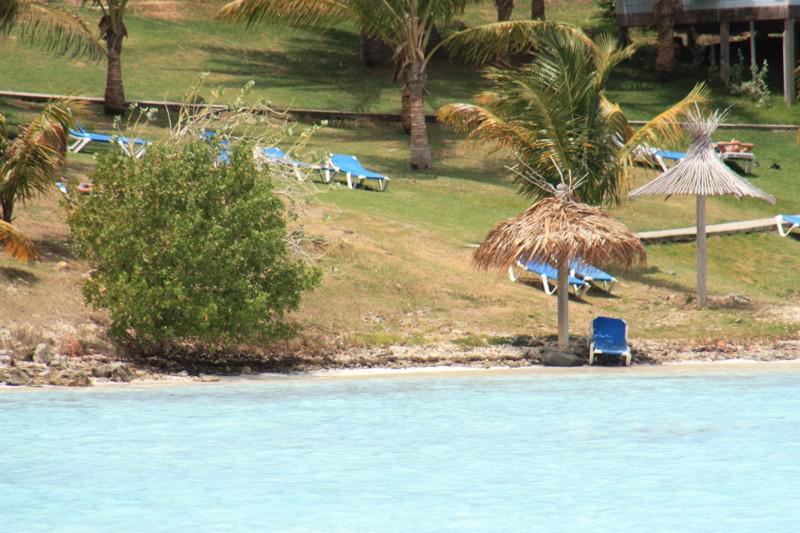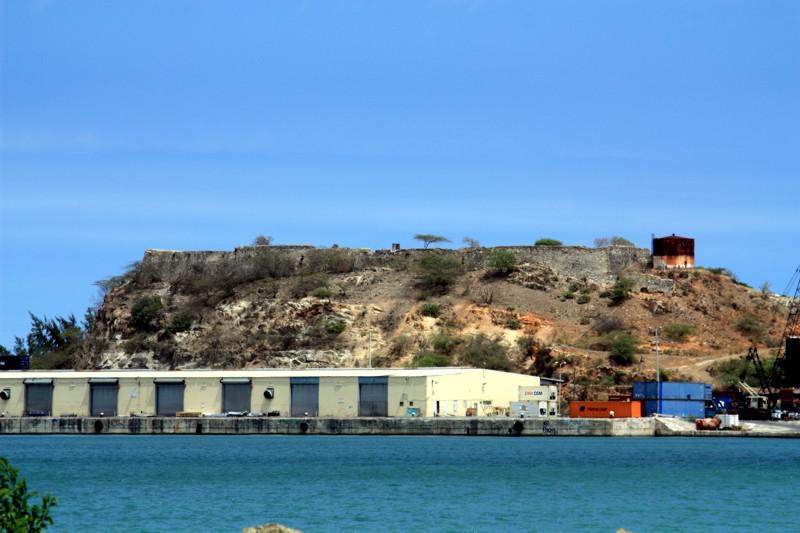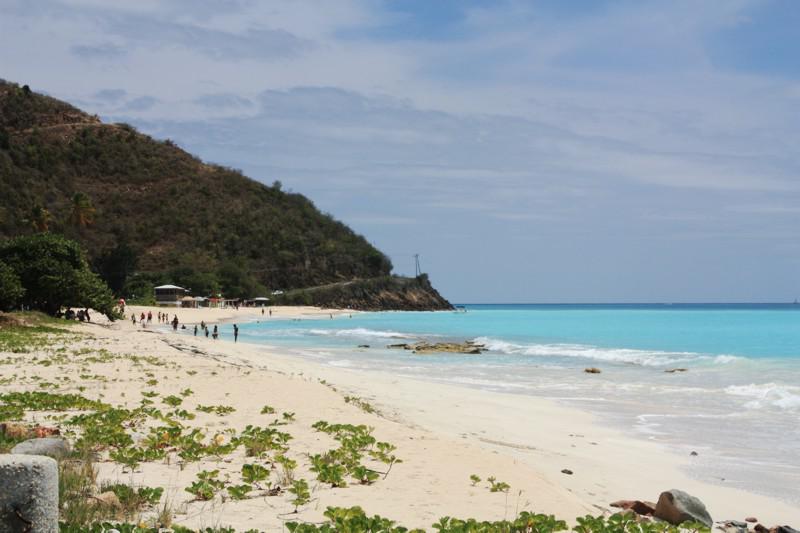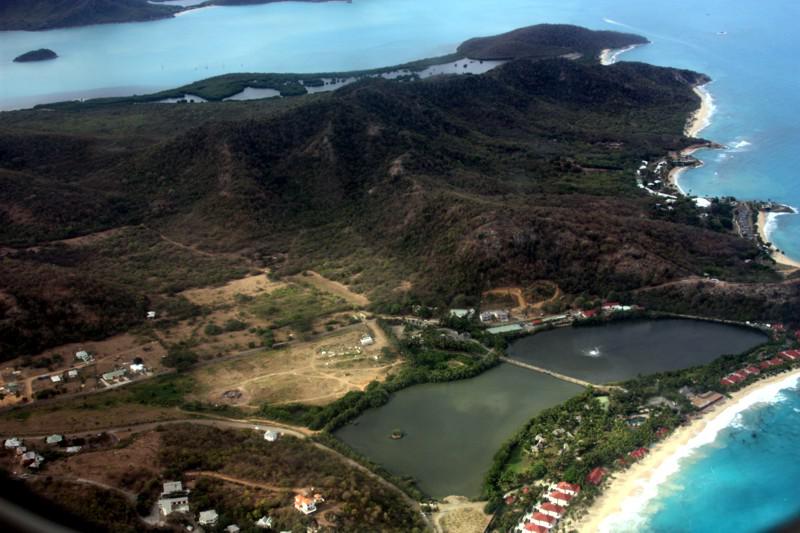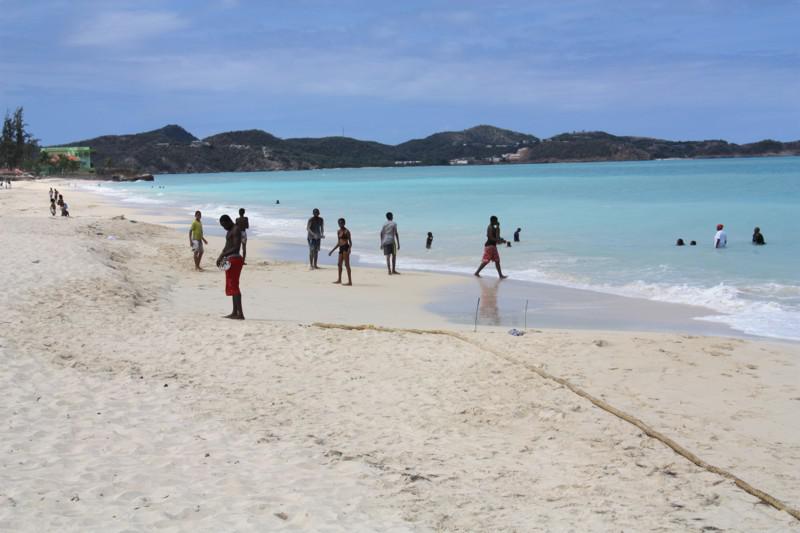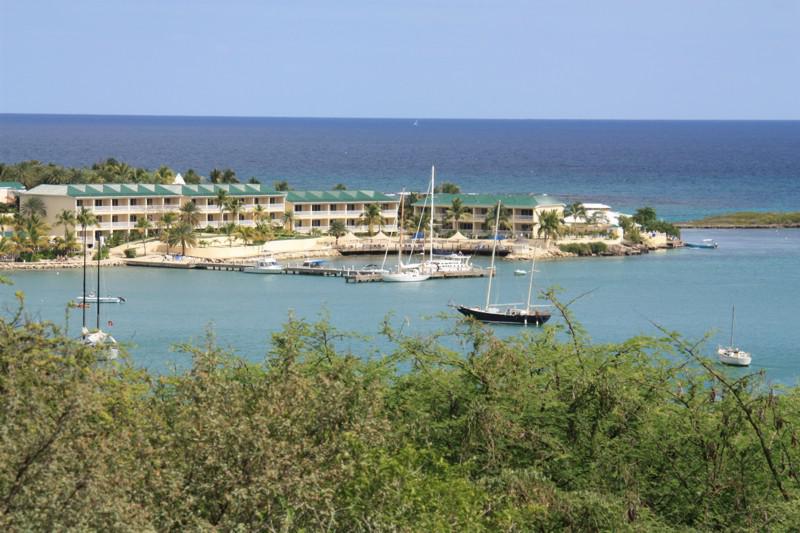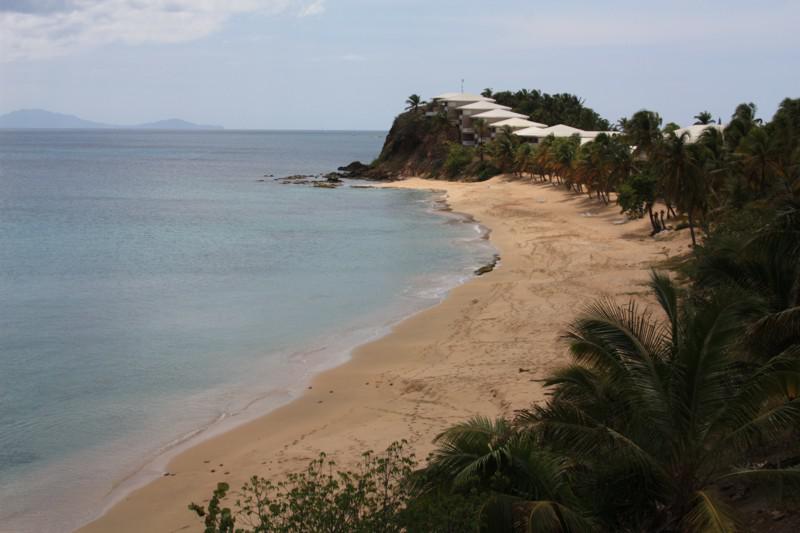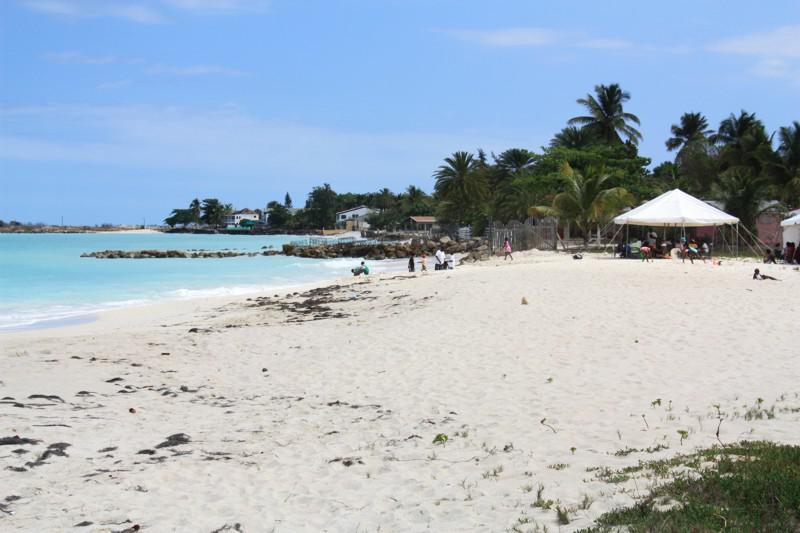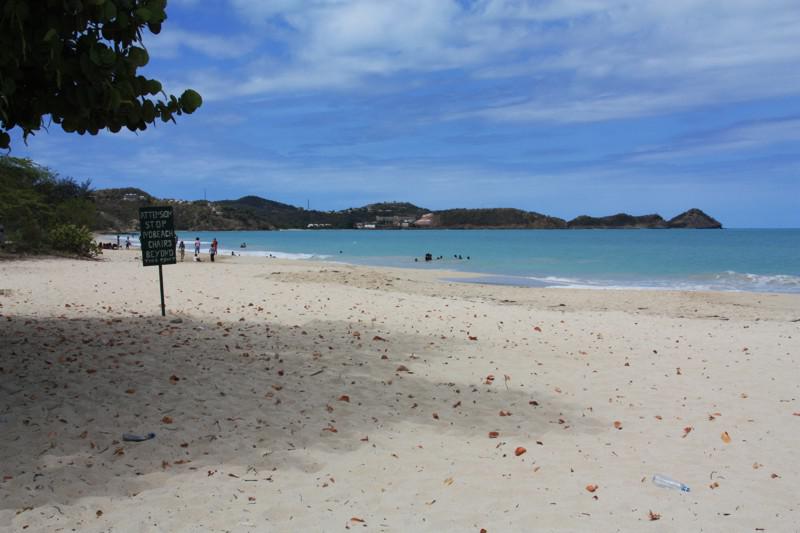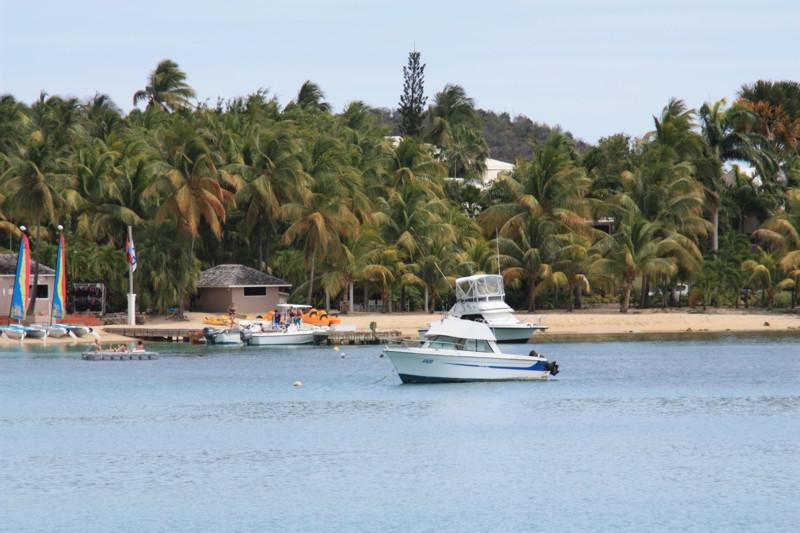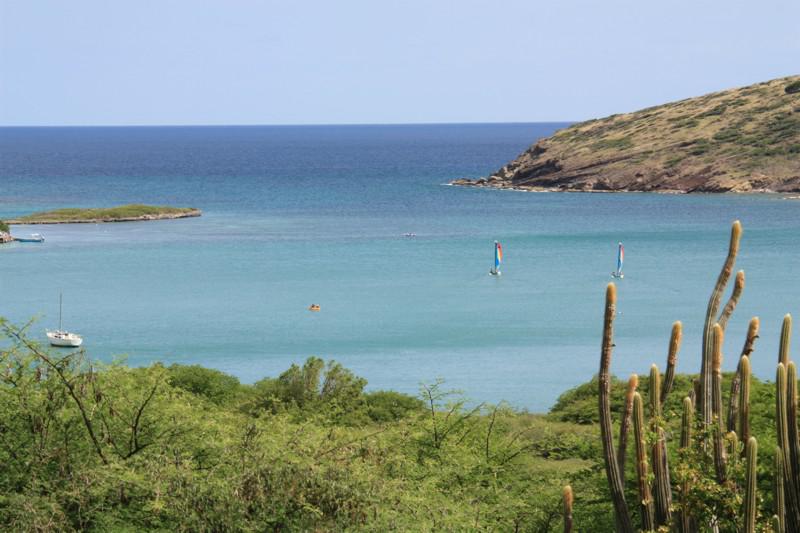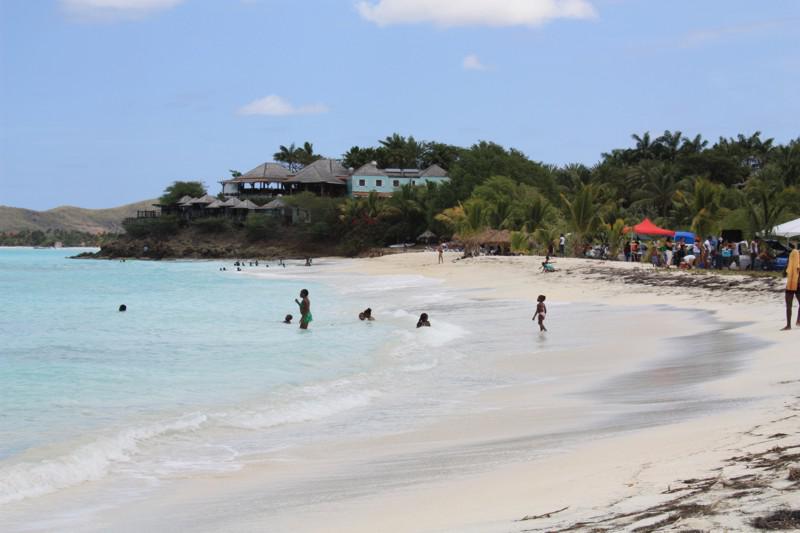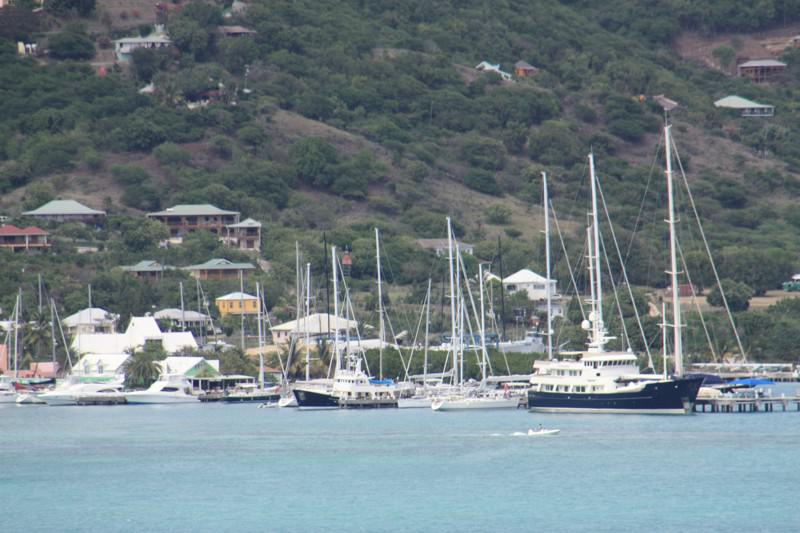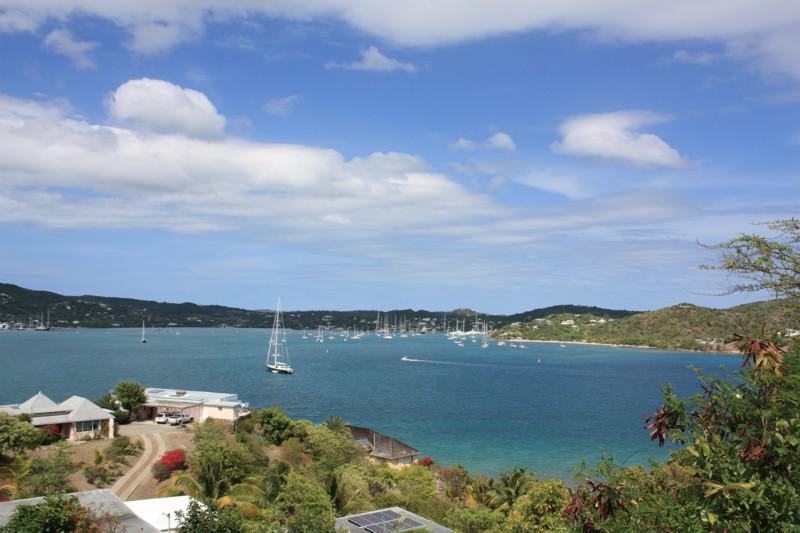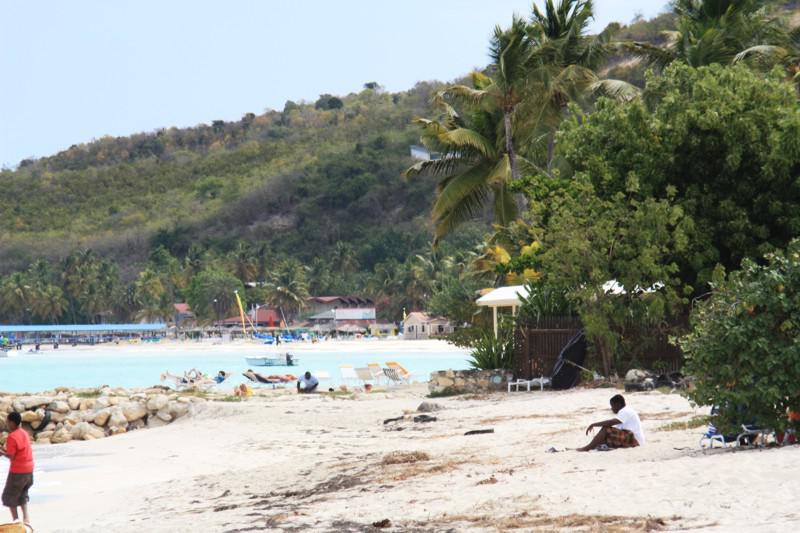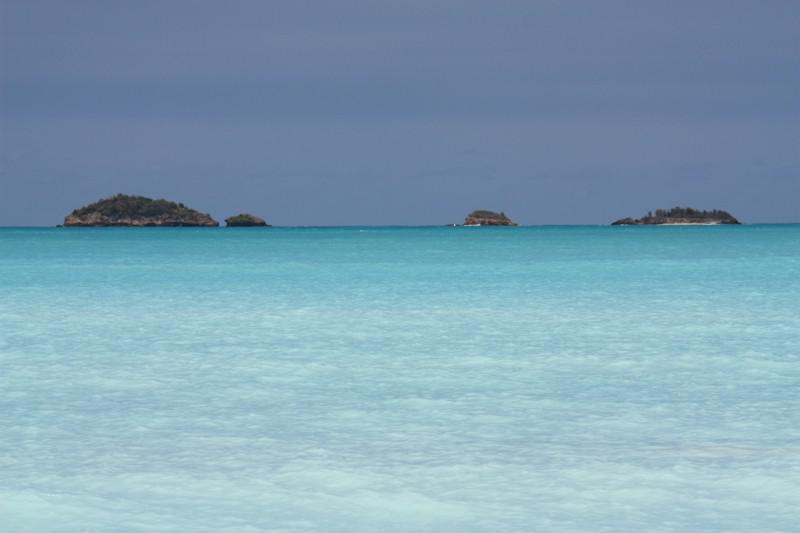Pictures of: Island of Antigua
Location map
Airports
Hotels and other Accommodation
Golf Courses
What to visit
Where to Eat
Where to have fun
Consulates & Embassies
World Nomads
The Travel Insurance with the largest coverage

The Travel Insurance with the largest coverage

Antigua and Barbuda
Antigua and Barbuda is in the Lower Antilles region of the Caribbean.
Antilles or West Indies is the name of a geographical region of the American continent, located in the Caribbean Sea and formed by the islands and island countries in the area. In this region there are many countries formed by islands, such as: Bahamas, Barbados, Bermuda, Cuba, Haiti, Dominican Republic, Jamaica, Grenada and several others. It is a very beautiful region for its sea and its climate.
The Antilles are several islands in the Caribbean Sea, formerly Spanish, French, Dutch and English colonies, and where the sugar was produced that competed with the sugar produced in Brazil in colonial times.
The name Antilles (Antilles, Antilles or Antillen, depending on the language) originates from maps, still from the medieval era, that spoke about lands unknown to the west, with several names. One likely source would be the word "Al-tin", which is "dragon" in Arabic.
The Antilles are divided into Greater Antilles and Lesser Antilles.
The Greater Antilles are: Cuba, Jamaica, Haiti, the Dominican Republic and Puerto Rico.
The small Antilles are: Anguilla, Antigua and Barbuda, Aruba, Barbados, Netherlands Antilles, British Virgin Islands, Dominica, Grenada, Guadeloupe, Martinique, Montserrat, Sain Barthélemy, Saint Kitts and Nevis, Saint Lucia, Saint Martin, Saint Vincent and the Grenadines , Saint Eustatius, Trinidad and Tobago and US Virgin Islands.
Much of the islands that make up the small Antilles are still English, French, Dutch or American possessions. The word 'Antilles' dates from a period before the discovery of the new world. It comes from 'Antilia', one of the mysterious lands that appear on medieval maps - sometimes as an archipelago, sometimes as a continuous strip of land, constantly floating between the Canary Islands and East India.
The origin of the name is uncertain, but an ancient etymology of 1455 connects the Antilles with Plato's name of Atlantis (the legendary continent), while more recent writings relate it to the Latin word 'earlier' (for having been achieved 'before' of Cipango - name used to designate Japan by Europeans during the Middle Ages) or Jezirat al Tennyn, "Dragon Island", of Arab geographers.
Antilles or West Indies is the name of a geographical region of the American continent, located in the Caribbean Sea and formed by the islands and island countries in the area. In this region there are many countries formed by islands, such as: Bahamas, Barbados, Bermuda, Cuba, Haiti, Dominican Republic, Jamaica, Grenada and several others. It is a very beautiful region for its sea and its climate.
The Antilles are several islands in the Caribbean Sea, formerly Spanish, French, Dutch and English colonies, and where the sugar was produced that competed with the sugar produced in Brazil in colonial times.
The name Antilles (Antilles, Antilles or Antillen, depending on the language) originates from maps, still from the medieval era, that spoke about lands unknown to the west, with several names. One likely source would be the word "Al-tin", which is "dragon" in Arabic.
The Antilles are divided into Greater Antilles and Lesser Antilles.
The Greater Antilles are: Cuba, Jamaica, Haiti, the Dominican Republic and Puerto Rico.
The small Antilles are: Anguilla, Antigua and Barbuda, Aruba, Barbados, Netherlands Antilles, British Virgin Islands, Dominica, Grenada, Guadeloupe, Martinique, Montserrat, Sain Barthélemy, Saint Kitts and Nevis, Saint Lucia, Saint Martin, Saint Vincent and the Grenadines , Saint Eustatius, Trinidad and Tobago and US Virgin Islands.
Much of the islands that make up the small Antilles are still English, French, Dutch or American possessions. The word 'Antilles' dates from a period before the discovery of the new world. It comes from 'Antilia', one of the mysterious lands that appear on medieval maps - sometimes as an archipelago, sometimes as a continuous strip of land, constantly floating between the Canary Islands and East India.
The origin of the name is uncertain, but an ancient etymology of 1455 connects the Antilles with Plato's name of Atlantis (the legendary continent), while more recent writings relate it to the Latin word 'earlier' (for having been achieved 'before' of Cipango - name used to designate Japan by Europeans during the Middle Ages) or Jezirat al Tennyn, "Dragon Island", of Arab geographers.
Weather
As the Atlantic Ocean extends to the east and north of the Caribbean, the sun's rays here are normalized due to the trade winds that blow year-round from the north to the east.
These winds continue to blow throughout January through April heavily bringing cooler weather and rain. It is also because of cold ocean temperatures that help cool this area slightly.
The change in temperature between the seasons of summer and winter, barely notice.
Normal January temperatures range from 22 ° C to 25 ° C (71 ° F, up to 77 ° F). Likewise, average temperatures during the month of July range from 25 ° C to 29 ° C (77 ° F to 84 ° F).
During the summer and fall seasons, hurricanes hit these islands.
To mark the major changes in the seasonal Antilles climate, the main variation is the amount of precipitation and hurricane seasons.
Most of the islands experience two rainy seasons, usually in the months of September to November, and May through June.
These winds continue to blow throughout January through April heavily bringing cooler weather and rain. It is also because of cold ocean temperatures that help cool this area slightly.
The change in temperature between the seasons of summer and winter, barely notice.
Normal January temperatures range from 22 ° C to 25 ° C (71 ° F, up to 77 ° F). Likewise, average temperatures during the month of July range from 25 ° C to 29 ° C (77 ° F to 84 ° F).
During the summer and fall seasons, hurricanes hit these islands.
To mark the major changes in the seasonal Antilles climate, the main variation is the amount of precipitation and hurricane seasons.
Most of the islands experience two rainy seasons, usually in the months of September to November, and May through June.
Tourism
The tourism industry in Antigua and Barbuda was one of the first to be developed in the Eastern Caribbean, and is currently ranked as one of the largest in the region. The geographic location of the island makes it the first strategic stop or last location for airplanes and recreational yachts that cross the Atlantic.
The Caribbean Sea is one of the meccas of international tourism. The Caribbean Tourism Organization estimates that around 12 million tourists visit the region throughout the year. The Caribbean is one of the top cruise destinations in the world.
The Antilles, with their reefs and atolls, have paradisiacal beaches of transparent waters, ideal for diving and other water sports.
The crystal clear waters of the Caribbean islands are ideal for scuba diving.
The Caribbean Sea is one of the meccas of international tourism. The Caribbean Tourism Organization estimates that around 12 million tourists visit the region throughout the year. The Caribbean is one of the top cruise destinations in the world.
The Antilles, with their reefs and atolls, have paradisiacal beaches of transparent waters, ideal for diving and other water sports.
The crystal clear waters of the Caribbean islands are ideal for scuba diving.
Official languages
There are a number of languages spoken quite frequently in the Caribbean, among them a Spanish spoken by more than 23 million people, followed by languages such as English, French, Dutch and other local languages, like Creole.
There are 3 official languages in the Caribbean, Spanish, the most spoken, French and English.
There are 3 official languages in the Caribbean, Spanish, the most spoken, French and English.
Health care
Compulsory vaccines
Vaccines required by travelers from the health authorities of destination countries in this region.
Yellow Fever Vaccine
This vaccine is not recommended, but the country's health authorities may, upon entry, apply for a yellow fever vaccination certificate to travelers over one year old who come from endemic areas.
Recommended Vaccines or Treatments
Vaccines and treatments that are not required by the health authorities of the destination country are recommended to protect the health of the traveler.
Typhoid Fever Vaccine
Hepatitis A Vaccine
Tetanus and Diphtheria Vaccine
Complementary vaccines:
Vaccines that may be indicated by the Traveler's Medicine specialist to certain at-risk groups, namely travelers whose special activities enhance the likelihood of transmission of specific diseases.
Vaccine of Wrath
Hepatitis B Vaccine
Measles, Mumps and Rubella Vaccine (VASPR)
Rabies vaccine
Poliomyelitis Vaccine
Health insurance:
It is advisable to carry out travel insurance covering medical and repatriation expenses associated with an accident or sudden illness.
Food, hygiene and other care:
In this country, it is advisable to adopt basic but fundamental care for the health of the traveler, in terms of food and hygiene.
FOOD
- Do not drink water without being bottled (open in front of you) or boiled.
- Do not eat raw or poorly cooked food, except fruit and vegetables that can be peeled off by you.
- Meat and poultry should only be eaten if they are well cooked.
- Avoid consumption of food and drink in ambulatory markets.
- If you do not know your source, do not use ice.
- Do not get to the meal with a lot of appetite: it loses the capacity to refuse food in bad conditions.
- Have a food supply in the room to eat if you have not eaten it.
- Choose meat, fish or shellfish made in a simple way, which allow you to perceive, through odor or taste, whether or not they are in good condition. Very sharp sauces and seasonings tend to disguise this danger, so avoid them whenever possible.
- Prefer restaurants that have more people, as they should have higher turnover of food and therefore, fresher
HYGIENE:
- Wash your hands often and always before handling or eating food.
- Avoid washing your teeth with water that you suspect may be contaminated.
- Protect food from insects and keep them at safe temperatures.
- Protect yourself from insect bites with clothing, insect repellent on exposed areas, mosquito nets and avoid very fragrant hygiene products.
- Avoid walking barefoot and contact the soil and water contaminated with feces.
OTHER CARE:
- It is not advisable to swim in lakes, ponds, rivers and canals (areas of standing water).
- Avoid contact with stray dogs and cats because of the risk of getting angry.
- Do not have unprotected sex and avoid medical procedures for dubious sterilization equipment (dentist, acupuncture), unnecessary transfusions, non-medical needles (piercings, tattoos), and needle sharing.
Vaccines required by travelers from the health authorities of destination countries in this region.
Yellow Fever Vaccine
This vaccine is not recommended, but the country's health authorities may, upon entry, apply for a yellow fever vaccination certificate to travelers over one year old who come from endemic areas.
Recommended Vaccines or Treatments
Vaccines and treatments that are not required by the health authorities of the destination country are recommended to protect the health of the traveler.
Typhoid Fever Vaccine
Hepatitis A Vaccine
Tetanus and Diphtheria Vaccine
Complementary vaccines:
Vaccines that may be indicated by the Traveler's Medicine specialist to certain at-risk groups, namely travelers whose special activities enhance the likelihood of transmission of specific diseases.
Vaccine of Wrath
Hepatitis B Vaccine
Measles, Mumps and Rubella Vaccine (VASPR)
Rabies vaccine
Poliomyelitis Vaccine
Health insurance:
It is advisable to carry out travel insurance covering medical and repatriation expenses associated with an accident or sudden illness.
Food, hygiene and other care:
In this country, it is advisable to adopt basic but fundamental care for the health of the traveler, in terms of food and hygiene.
FOOD
- Do not drink water without being bottled (open in front of you) or boiled.
- Do not eat raw or poorly cooked food, except fruit and vegetables that can be peeled off by you.
- Meat and poultry should only be eaten if they are well cooked.
- Avoid consumption of food and drink in ambulatory markets.
- If you do not know your source, do not use ice.
- Do not get to the meal with a lot of appetite: it loses the capacity to refuse food in bad conditions.
- Have a food supply in the room to eat if you have not eaten it.
- Choose meat, fish or shellfish made in a simple way, which allow you to perceive, through odor or taste, whether or not they are in good condition. Very sharp sauces and seasonings tend to disguise this danger, so avoid them whenever possible.
- Prefer restaurants that have more people, as they should have higher turnover of food and therefore, fresher
HYGIENE:
- Wash your hands often and always before handling or eating food.
- Avoid washing your teeth with water that you suspect may be contaminated.
- Protect food from insects and keep them at safe temperatures.
- Protect yourself from insect bites with clothing, insect repellent on exposed areas, mosquito nets and avoid very fragrant hygiene products.
- Avoid walking barefoot and contact the soil and water contaminated with feces.
OTHER CARE:
- It is not advisable to swim in lakes, ponds, rivers and canals (areas of standing water).
- Avoid contact with stray dogs and cats because of the risk of getting angry.
- Do not have unprotected sex and avoid medical procedures for dubious sterilization equipment (dentist, acupuncture), unnecessary transfusions, non-medical needles (piercings, tattoos), and needle sharing.
Other tourist destinations in:
Antigua & Barbuda
Antigua & Barbuda
Other world tourist destinations
Why to book with BOOK HOTEL OPORTO
The best prices
Our partnerships with the world´s largest operators offer research on the best market prices.
More options
At Rotas Turisticos you can book the hotel, buy the air ticket, book the transfer from the airport to the hotel and vice versa, book the local excursions, rent the car, take travel insurance and consult the places to visit and where to go.
Holiday Tips & Destinations
Hundreds of holiday destinations with all the options that allow you to easily choose the destination that best suits your dream vacation.
BOOK HOTEL OPORTO
Links

